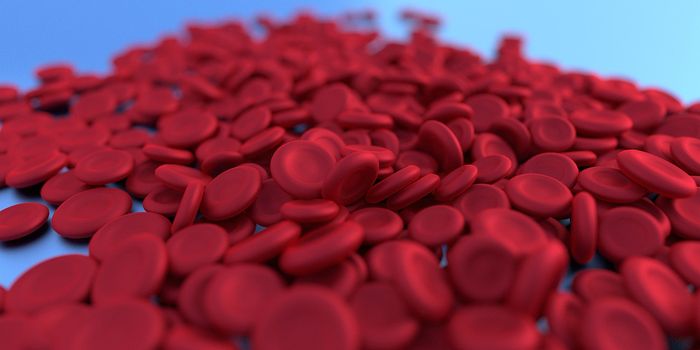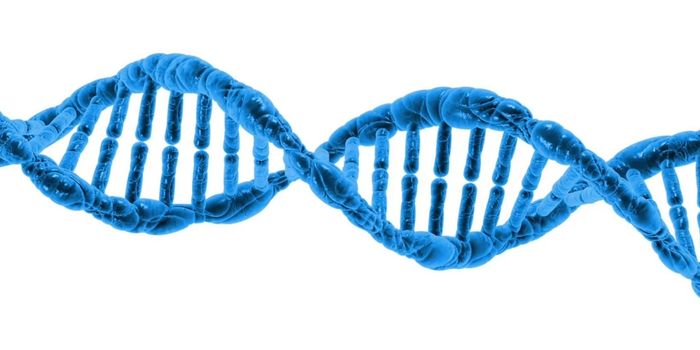Study Links RNA Alterations to Stomach Cancer
DNA mutations that cause mutations get a lot of press. But problems with RNA and proteins can also lead to cancer. Shedding light on RNA and cancer, scientists at the Cancer Science Institute of Singapore have identified 2 proteins that influence RNA editing and is associated with gastric cancer. Their results also point out potential biomarkers for early detection of this disease.
RNA (ribonucleic acid) is an intermediary molecule that allows the genetic code to be converted into proteins that are vital to all cells. Just as mutations can occur with the sequence of DNA, the process of converting DNA into RNA can also lead to mutations. Furthermore, RNA molecules are subject to a variety of modifications that also create opportunities for errors.
“Currently, most molecular studies on gastric cancer have focused on the alterations in DNA sequences,” said Lielei Chen, senior author of the study. “Despite recent discoveries that shed light on the cancer-causing role of RNA in cancer progression, the alterations in these RNA sequences and its contribution to the development of gastric cancer have not been well studied.”
In probing this possible link between RNA changes and cancer, Chen and her team identified 2 proteins: ADAR1 and ADAR2. These are involved in modifying RNA after the genetic code has been transcribed. Interestingly, ADAR1 is a cancer-promoting gene, and ADAR2 is a cancer suppressor gene. The researchers think the balance between these two proteins can influence RNA editing and, ultimately, gastric cancer.
“Our team is the first to conduct a comprehensive analysis demonstrating that changes in RNA sequences, which are caused by the differentially expressed RNA editing enzymes ADAR1 and ADAR2 in gastric tumors, may serve as a novel driving force for gastric cancer," said Chen.
The team found that RNA editing seemed to vary with the degree of cancer progression. That is, more RNA editing was observed in cancerous lesions. Furthermore, they found that patients diagnosed with gastric cancer tended to have the biggest imbalance of ADAR 1/2 levels, suggesting these proteins play key roles in the progression of the cancer.
Beyond linking ADAR levels to gastric cancer, Chen’s team is excited about the prospects of turning this into diagnostic biomarkers, which could help to detect this disease earlier.
Gastric cancer, also known as stomach cancer, is the fifth most common cancer worldwide and the third most common cause of cancer-related deaths. About 1 in 111 people will develop stomach cancer in their lifetime, though the risks are higher for men. For 2016, the estimated incidence of new cases is over 37,000 for the U.S. alone. Due to late diagnoses, the outcome is poor with this cancer type and only about 25 percent of people survive past the five-year mark.
Additional source: National Library of Medicine, National University of Singapore









